There's something defiant about persistence in an era that prizes instant gratification. John Andrew Fredrick has spent over three decades quietly building one of the most extensive and consistently compelling catalogs in independent music, releasing album after album with The Black Watch. Now, with For All The World, the band's twenty-fifth studio album and their first double LP, Fredrick continues his steadfast commitment to the album format, eschewing the trend toward the successive drip of singles for what could be seen as nostalgic radicalism.
For All The World represents something of a creative culmination for The Black Watch, synthesizing the darkly poppy, brightly moody aesthetic that has defined their sound since Fredrick formed the band in Santa Barbara in 1988. The album emerged from what Fredrick describes as a reaction against his previous work—a creative restlessness that drove him back into the studio shortly after completing 2024's well-received Weird Rooms. Working with producer Misha Bullock and multi-instrumentalist Andy Creighton, Fredrick has delivered possibly the band's most sonically ambitious and moving record yet. For All The World melodically tackles themes of death and sex, memory and lament, hope and love across twenty-one songs that demand our full attention.
The Richmond-born, Santa Barbara-raised Fredrick brings a unique perspective to independent music, shaped by his background as an English professor with a Ph.D. from UC Santa Barbara. His academic training in literature inspires his lyrical approach and his understanding of narrative structure and thematic development across an album's arc. This scholarly sensibility, combined with an uncompromising artistic vision, has helped The Black Watch maintain remarkable consistency across their discography, even as the band has weathered changing lineups and an industry increasingly hostile to those operating outside of the usual ‘game.'
Lawrence Peryer recently hosted John Andrew Fredrick on the Spotlight On podcast for a free-wheeling conversation that was equal parts thought-provoking and hilarious. Fredrick discussed his unwavering commitment to making full albums, the role of isolation and solitude in his artistic development, and why he continues to view each new record as both a brilliant failure and a necessary step toward an impossible ideal. The two also chat about modern technology's impact on attention spans, the challenge of remaining creatively vital across decades of output, and why making demands of listeners—rather than capitulating to shortened attention spans—remains essential to meaningful art.
You can listen to the entire conversation in the Spotlight On player below. The transcript has been edited for flow, length, and clarity.
Lawrence Peryer: Before we get started, I have to say I've spent the last couple of days listening to the new record. You know, I try to avoid hack music guy phrases about music, but something that kept occurring to me over and over again was that there's a genuine spirit of vitality to it, a real energy.
John Andrew Fredrick: That's spot-on, but also a bit nebulous to describe it like that, because there are different sorts of energies. You know, in part it's coffee, of course, and I'm an early riser. People often say, "How do you find the energy for all of these records and books and all that?" I just don't know. Maybe I feel like time's winged chariot is hurrying near—the whole Andrew Marvell poem. I'm always feeling like I'm gonna die, even though I'm fit as a fiddle and drinking a delicious elixir of life right now in the afternoon. (laughter)
I enjoy working and doing things. And as far as songwriting goes or writing fiction, I just want to make more things and steal more bits from Beatles songs to turn into my songs. I mean, apropos the whole Eliot thing—bad poets imitate, good poets steal—I'll Scout's honor admit to stealing things wholesale from my super über overlord masters, the Beatles. So that's kind of a banal answer, but I'm riffing here. I’m not sure where the energy for that comes from.
But I refuse to be jaded about the artists that I love, the novelists and poets that I love, people that I love, and the process of making music. I have people I work with who make it happen, who facilitate it so much. I don't need a proper band. I can pick any one of them and just go, "Hey, I'll play you a song on acoustic and you can take it away from there," because I trust them like that.
I write every day as well. I don't do it in a slavish way—they said Paul Simon chains himself to a piano and works two hours a day. That would be far too regimented for me, but I do it because a guitar is handy and I enjoy doing it, exploring what I can do by messing around with open tunings and different capos on the guitar. Some former bandmates have said, "John, no matter how much jiggery-pokery that you're engaging in, it's all G-C-D occasional E minor anyway." (laughter) Like, okay, well, don't tell anybody that.
Lawrence: Your songwriting and creative writing both strike me as fundamentally things you do alone, until you involve the editor or the band. And I'm curious about the role of isolation. When you were younger, when you hurt your leg and you were kind of laid up for a while...
John: A year. I spent a year in bed. My left tibia was broken in a football game in fifth grade. My father had forbidden us to play tackle, but of course we mucked off to a field in an elementary school, and I broke my leg so badly that it just wouldn't heal. So I spent all of fifth grade out of school, with a home teacher who was some doddering, sweet old lady who couldn't teach at a school anymore or whatever.
And my parents, bless them, didn't let me watch more than an hour or so of television; this was the sixties, the heyday of shows like Gilligan’s Island, Rat Patrol, or the Beatles cartoon. So I read and played guitar. I propped my acoustic Silvertone against my cast, which extended from my hip to my toes. And I just got used to it, and that made me who I am.
This is one of the reasons why I don't think we should ever despair. I was reading Nietzsche the other day, and he alluded to the fact that our defeats are the things that will lead us towards illumination, perhaps not victory, but these things that ostensibly seem like great setbacks and giant bummers. How many songs have come from heartbreak or friendships exploding? I mean, that's territory I've certainly mined before. But it's really quite lonely unless you dig. It's like being in a coal mine—it's frightening unless you go exploring, spelunking down to the heart of it or something.
Lawrence: Have you ever written from a place of happiness or contentment?
John: Oh sure, absolutely. I only write when I'm super up or super down anyway. As far as the lyrics go, it's either jubilant or in a kind of maybe manic way if I'm really, really down. Or it also depends on what I've been reading. But that could be a kind of jubilance or kind of downer in the sense of, "Oh my God, I'll never be as good as Philip Larkin or T.S. Eliot, or anybody like that." But at the same time, that realization—"I'm gonna try at least.”
Lawrence: It seems self-evident how reading might inform the mood of lyrics or even turns of phrase or ideas. But does literature influence the music or the sound?
John: I can't say that it does because I don't see how it would. It must seep in a—dreadful word coming, Lawrence—"holistic" way. (laughter) I can imagine that it does seep in there somehow, but I couldn't exactly finger how it could. It's definitely all over the lyrics. Although I'll be the last person to equate them with poetry—I've had fights with people about that. I don't think that lyrics are poetry. Poetry is poetry. I mean, people have tried in the past, even former professors, to say, "Oh, lyrics are poetry." Like, no, they're not. They can be poetic, but to my way of thinking, they're separate things.
Lawrence: It's interesting that we need to elevate them beyond—elevate the form beyond what it is.
John: Oh yeah. I never thought of it that way. That's really good, thanks. In a way, it's diminishing them to try to, as you said, elevate them to a status they don't need. Good lyrics are still a legitimate art form. I think there's a certain pride that you should have in oneself to call oneself a lyricist.
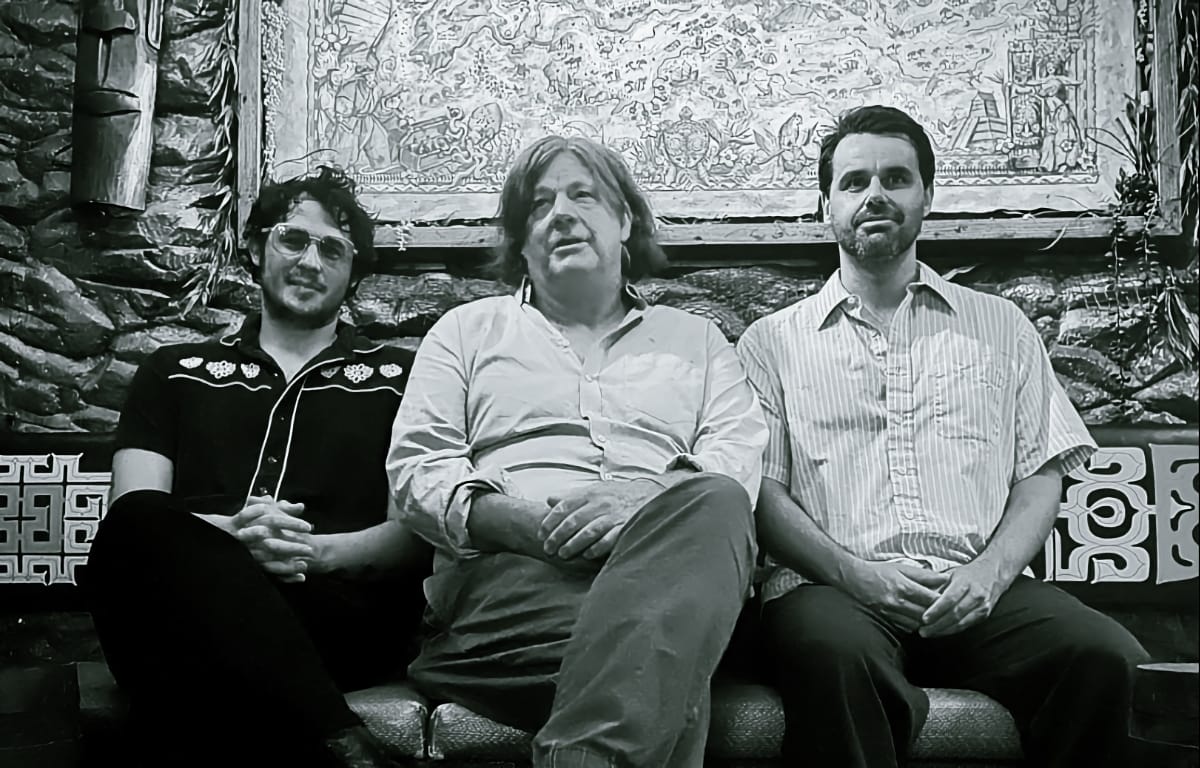
Lawrence: I think I read in another interview with you that you talked about drawing from the unconscious. Are you of that school of thought, where you feel like you’re channeling?
John: I think so. It's part of being very deliberate, using the years of studying poetry in graduate school and beyond to do something that's mannered and disciplined in that respect. And then there are other times when I have a dream of a song that comes to me, which I channel, as you said. So I think it's probably fifty-fifty, or maybe that you work them together—you get something that comes to you as if in a dream, and then you massage it around to make it suit the cadences of the melodies.
At the same time, it's not really from the unconscious if I get inspired by having read somebody else. I mean, I think one of my profs at UCSB said books beget books. And I think that's really true. And also music begets music, as I just made an allusion to stealing from the Beatles. There's a provenance and a precedent in there.
This is one of the reasons we ask these questions of people who create, to try to get at the heart of something that we can’t. I mean there's a certain nobility, it seems to me, in trying to articulate that kind of thing and fail, coming short in a way, or at least making do with it, thinking, "Oh, okay, that's an interesting answer. That's a possibility," without it ever being the definitive thing. How's that for some pseudo-philosophy? (laughter)
Lawrence: And the ambiguity's fine, right?
John: Yeah, absolutely. To live in that ambiguous world is just what Keats called negative capability. He praised Shakespeare as being the greatest at that, of not needing to know. It's like opening Pandora’s box. There's so much you don't want to know—that wisdom comes from an unknowing kind of thing. I mean, think of the most obnoxious people you know in your social life—they're most likely know-it-alls, the kind of person who's got an answer for everything. "Actually, that's purple, not blue," or whatever. I don't want to be one of those people who claim to have definitive answers. I want to remain in a kind of mist.
I think that things remaining ambiguous and not needing to know everything all the time is beneficial for artists, as it allows them not to have made up their minds about too many things. Because all of this expression is just an exploration of sorts, just to see, just to find out. To write is to find out. I never plot out any of my novels. I don't know what's going to happen. I just write to find out, create characters I think strong enough to let them live, as it were.
Lawrence: Do you ever think about your characters after you're done writing about them? Do you ever wonder where they are or...
John: No, no. I mean, they had their time—like ex-girlfriends, they had their time, and I'd love to talk to them. It's not always the case that they'd like to talk to me. But I don't really think about that, nor do I think too heavily about the records that we've done.
That said, I do go back and listen to my records. I made them because I wanted something, quite selfishly, for myself to listen to. I never believe it when people say, "Oh, I never listen to my old records." Like, why did you make them then? It should have been to make something that you thought was beautiful or profound or rocking or what have you. So I don't necessarily go back to dwell on them, because the pleasure is in the actual creation of the music or molding the sentences to get them where I want them to be.
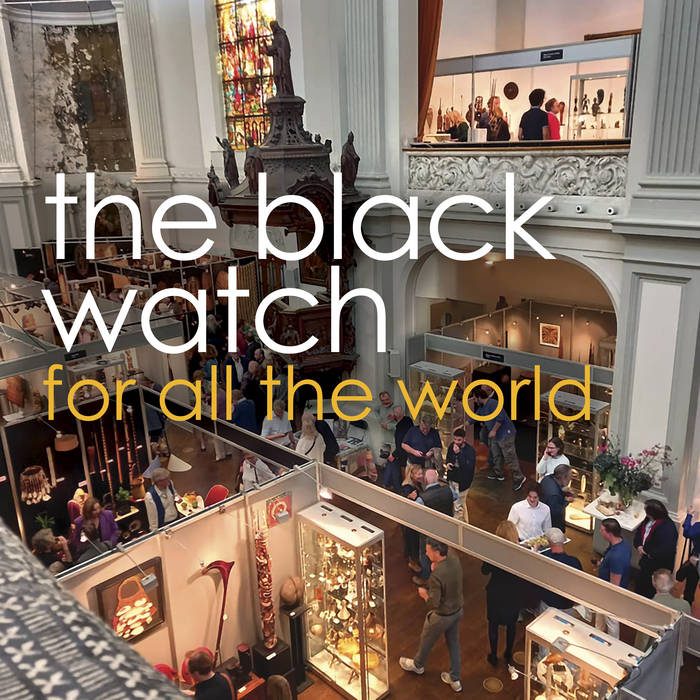
Lawrence: The new record, For All The World, is The Black Watch’s 25th album and also the band’s first double album. Why a double album now?
John: I had a meeting with the biggest big shot in the industry I've ever met. Nicest guy in the world, this guy, Tarquin Gotch, who manages AC/DC now and two of the guys from the Police (not Sting). And he said, "John, just release singles. Why do a double album? People don't have time for that. What kind of expectations have you got on their time when lots of bands are cottoning to this idea of just putting out singles steadily?"
As a person who's got lots of records and loves the album format, to just kowtow to that sort of mentality or capitulate to it, that of the modern attention span—I’m not capitulating. I don't want to keep fighting that fight to get somebody to focus on something, even though a double LP is a lot to ask these days. But I think that maybe it could be quasi-combated by just going, "No, I'm gonna do an album. I'm not gonna release little piddling singles here and there." Make some demands of people. That's the kind of teacher that I was, too—people would say, "Well, you gotta teach to the median." I'm like, "No, I'm gonna drag the people at the bottom up with the good students if I can, and if they fall by the wayside, oh well."
But, then again, maybe we're just aiming to be even more obscure than ever. (laughter)
Lawrence: What a wonderful self-sabotage that is.
John: I'm gonna go down firing.
Lawrence: Did you have any cohesive ideas in mind when writing and compiling all these songs for the double album?
John: My usual: "I'm gonna try to make The White Album, and I'm going to fail once again. But I've tried." But this would be a much more earnest and serious collection of songs, without even trying to go genre-hopping or make something cohesive. Here are twenty-one new songs. Have at 'em. I dunno what they have to do with each other at all. If someone sees a through line, a motif, a theme, good for them, because there was nothing I planned to do.
Some people might say, "Oh, it's a different flavor, but it's still The Black Watch." That's the way I rationalize how I come up with songs or try to justify myself, because I've been accused of being prolific. I take it as an accusation. I don't know. It sometimes seems like an insult when people bring that up, although I know it's not.
Lawrence: What's it triggering in you?
John: I may be dropping too many names, but Susan Sontag years and years ago talked about this thing called prototypical American overproduction, where John Updike's got four million novels and so does Philip Roth. Pauline Kael can't stop writing movie reviews. Just stuff where other European or UK artists seem to be a little bit more deliberate and methodical in terms of their release of stuff. I mean, look at Guided By Voices—who could possibly keep up with Robert Pollard? Only a few absolute kooks, and bless them for that.
I wonder what that says concerning the mania that is the constant release of stuff. It triggers something in me, where I think, "Okay, now if you use the P word, then maybe I have to go on the offense and justify having done all these things." But it often comes from people who are would-be artists themselves who just look at it and just go, "How do you do that? I wish I could roll out songs like you do." And I don't know what to say to that.
I have no psychological explanation for why there have been so many records. No one stopped me—that's the simplest thing—and I'm surrounded by people I love as friends and collaborators. Once we get into the studio, it just seems like I'm always reacting against what I've done. And I always seem to come up with something that pleases me. So if it pleases me as a person with eminently good taste (laughter)—it must please other people. No one stops me, so I carry on.
Lawrence: I thought you were going to say that the implication was that it can't possibly all be good if you're making that much.
John: Right. I mean, and again, I can't be the judge of that. I would say that there are songs of ours that please me a lot more than other ones and that seem to resonate with people more than other songs do. I don't think there's anything that we've ever released where I just go, "Oh my God, I can't stand that song." There are records that I favor over others. I don't like to delineate which those are because they'd hurt the people who produced them. But they've all got something that was of a time.
I mean, the first Black Watch album, St. Valentine, was made by people who were very under-rehearsed. And when people in Santa Barbara heard it, they might've gone, "Why don't you take that money and just do a couple of songs rather than this rustic sixteen-track kind of thing where the drummer skids a little bit off the click track?" And I thought, "No, I'm gonna be the kind of guy—I’m gonna grow up in public. This is a map." I believe in the songs. This is what we did at the time.
I think maybe that's been a through line where I carried on just going, "This is where we're at now, and this is what I have now." If I can find somebody to put out the records, then great, but I'm not going to wait until there’s a magic moment or that I have ten songs as good as XTC's Skylarking or something like that. Somehow, you could wait forever for something along those lines. So I think just having that spirit of going, "I'm just gonna do what I can now and play these songs with a great amount of exuberance and just see how they do and go on to the next."
Lawrence: I think maybe I came across this idea in the Rick Rubin book, The Creative Act. I’m not sure if you've read that book.
John: No. Was it good? Did you like it?
Lawrence: I did. I found it quite lovely at times.
John: You can't argue with his success, that's for sure. He's earned the right to write a book. What did you like most about it?
Lawrence: The idea that as an artist, the best you can do is put out the work that's the best that you can do right now. You don't have to make the best album of all time. You have to make the best album you can make right now. You put the art out into the world and say, "I might make a better album in five years, but I'm not gonna wait five years till I can make that album."
John: I like that. I should get the book. In my circle of acquaintance, I've got quite a few of those types where I say, "This is so good. Why don't you release it? Why would you second-guess yourself? Why are you questioning? This is really good." But unless they believe it themselves, they can’t be told by Rick Rubin himself, or you, or me, or anybody, how great it is.
There's something about them that seems insuperable in their character to not accept the fact that it's good. And I wonder if that's inextricably linked to the fact that sometimes people struggle to take a compliment. In a therapy session long ago, this therapist said to me, "John, if someone says this is really good or that was really brilliant, why do you deflect it? Don't you understand that the person went out of their way to tell you that?" And I think that was a hard lesson for me to learn that I've tried to apply these days when somebody does compliment my work, instead of just going, "Oh, it'll never be as good as the Fall or whatever." But just say thank you very much. And I think part of that acceptance might help people who are blocked somehow just to have the confidence, just to go, "Okay, thanks. Maybe it is. You're right. Thank you for noticing that," and let's carry on.
Check out more like this:
 The TonearmSam Bradley
The TonearmSam Bradley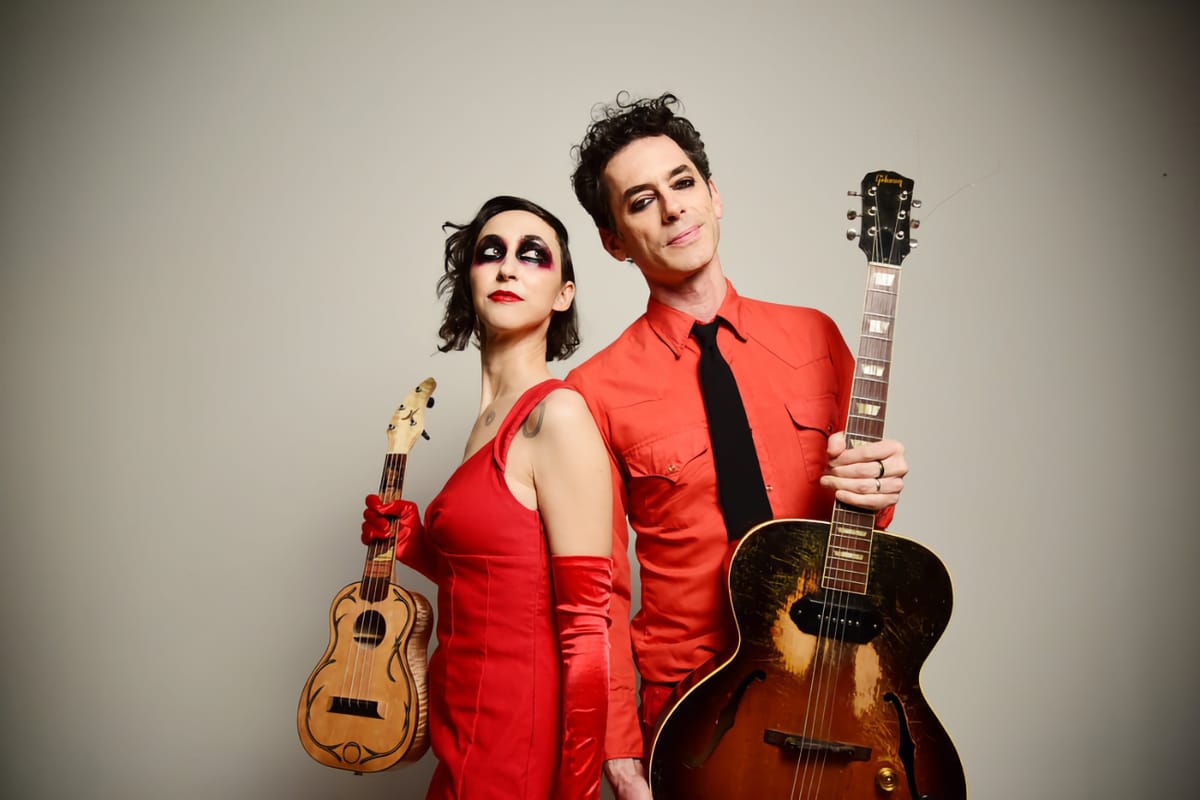
 The TonearmPeter Thomas Webb
The TonearmPeter Thomas Webb


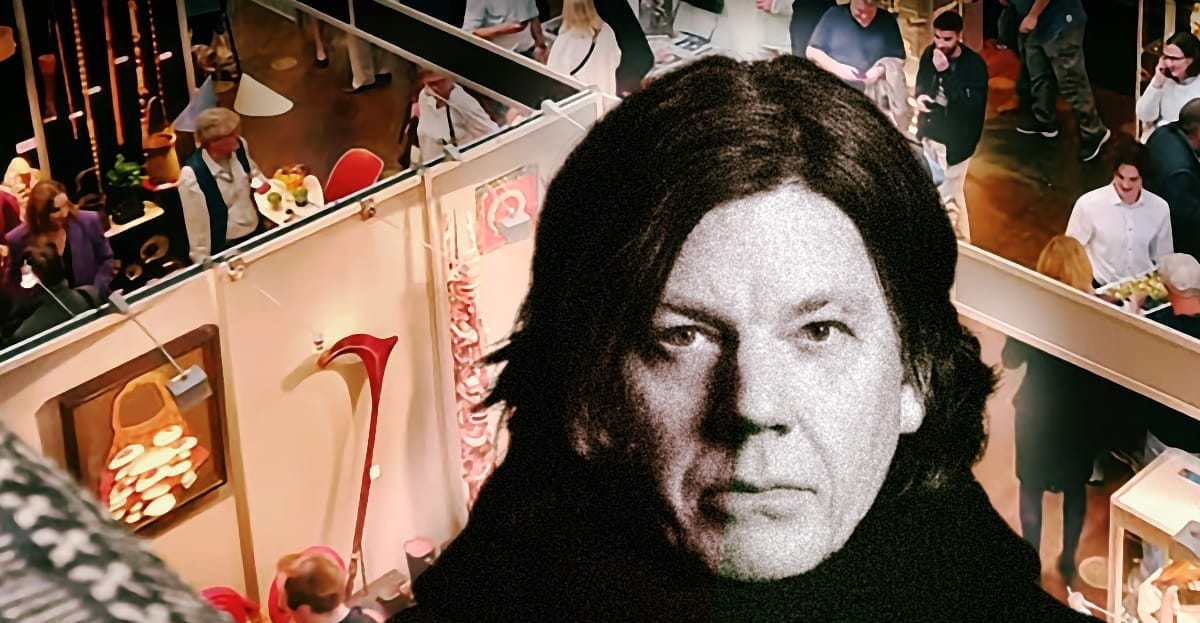
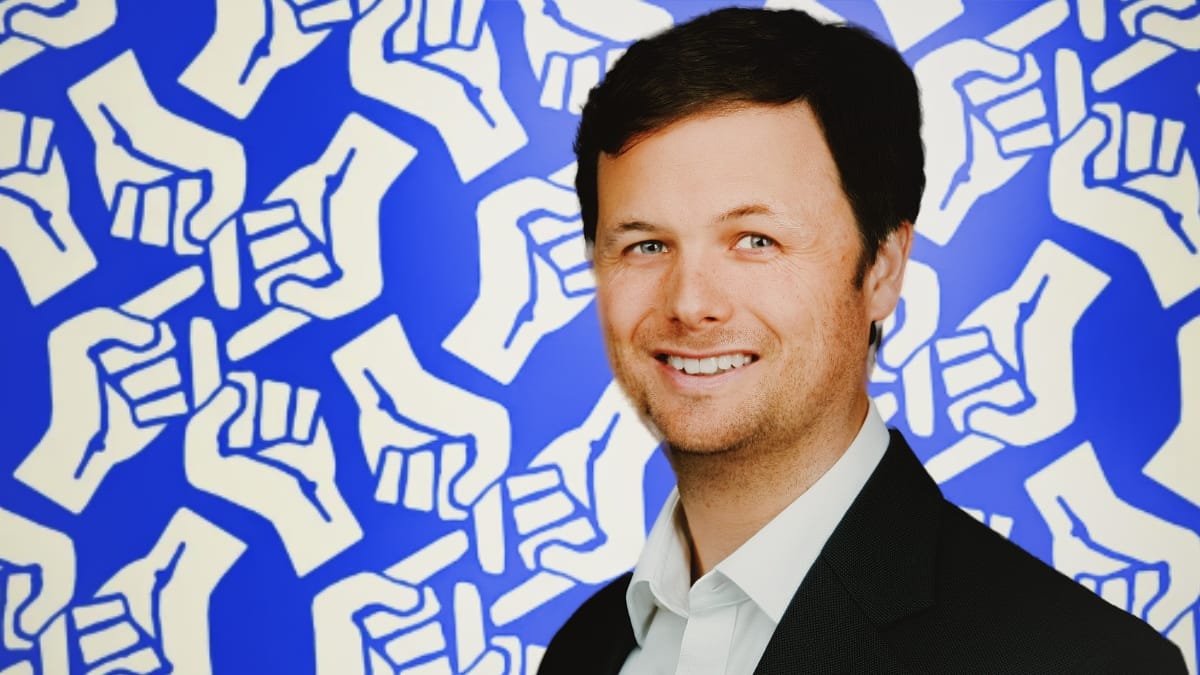

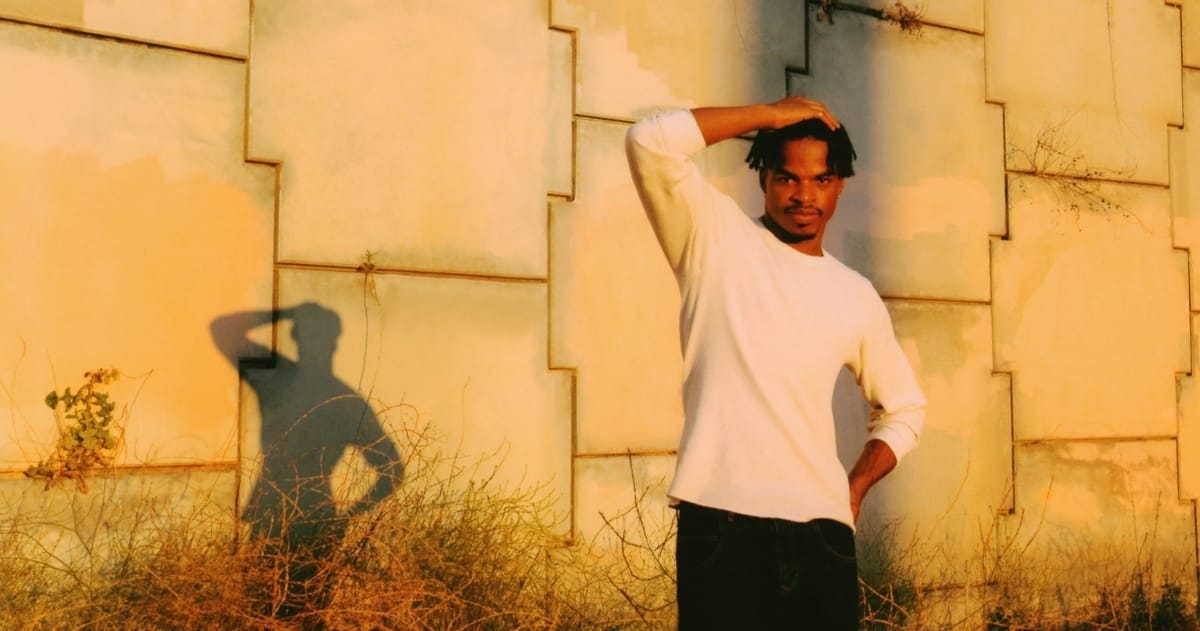
Comments